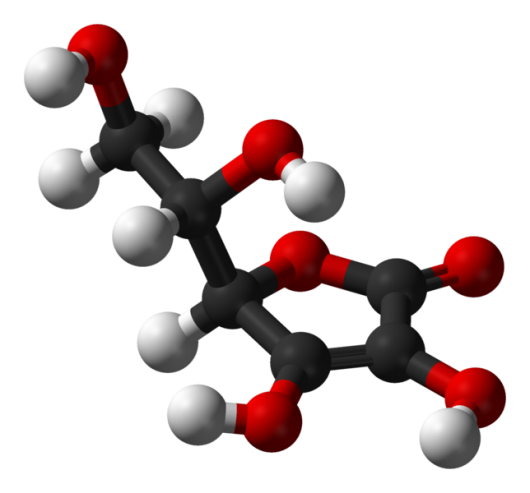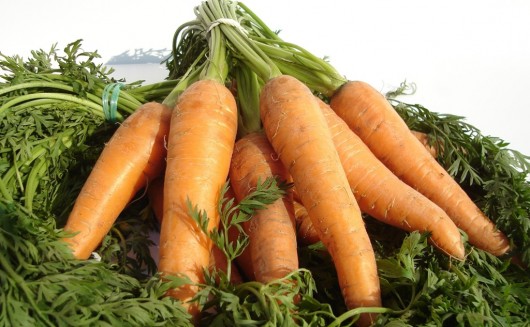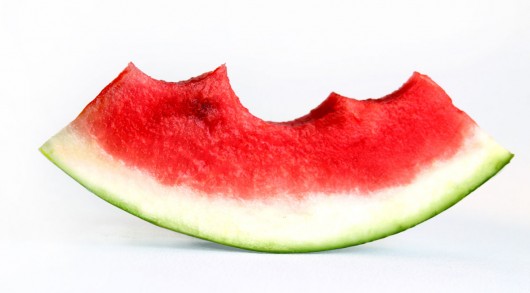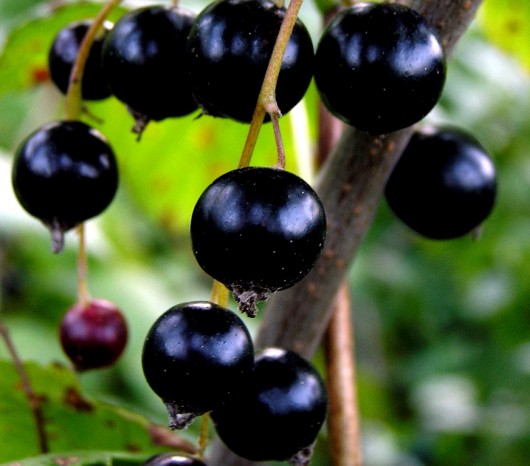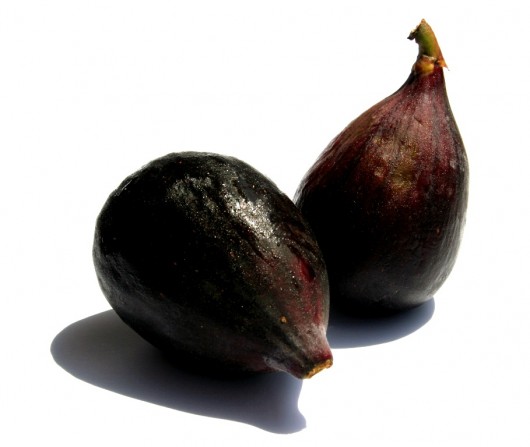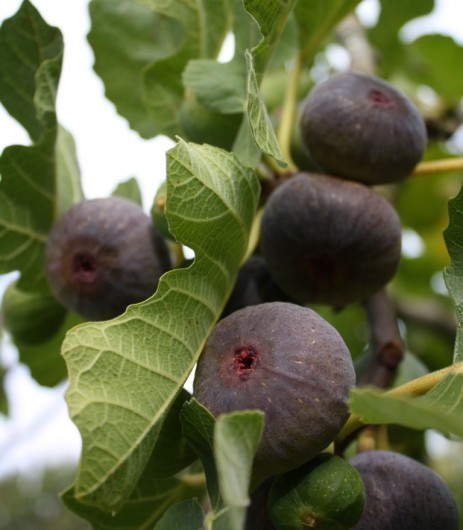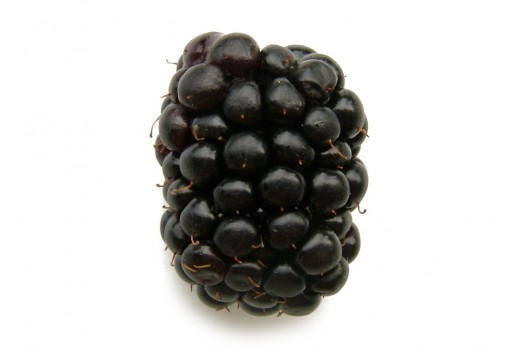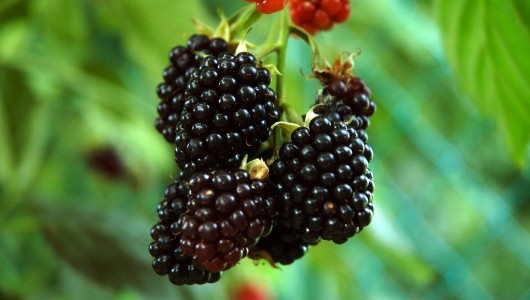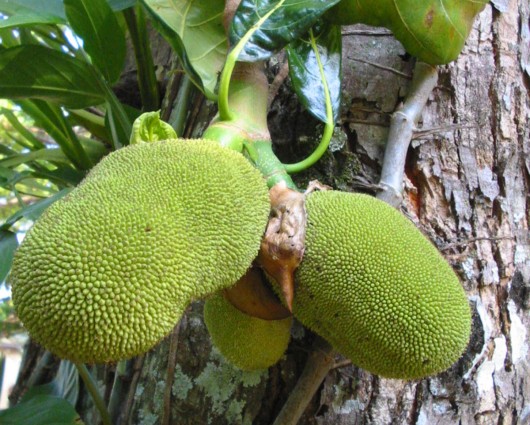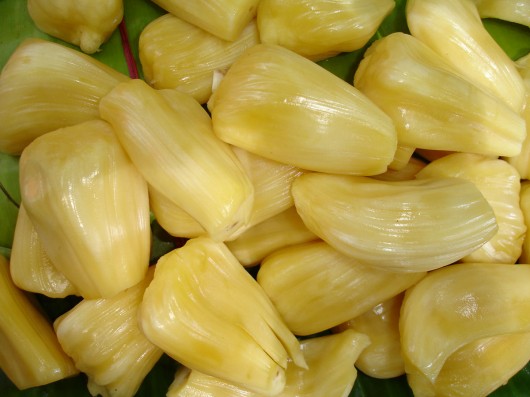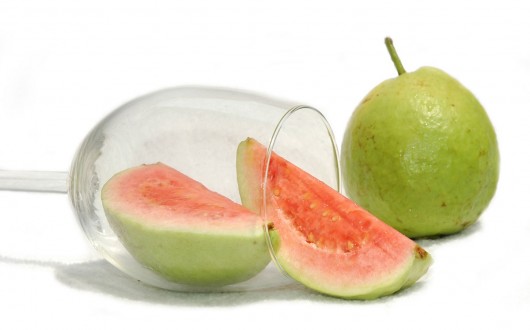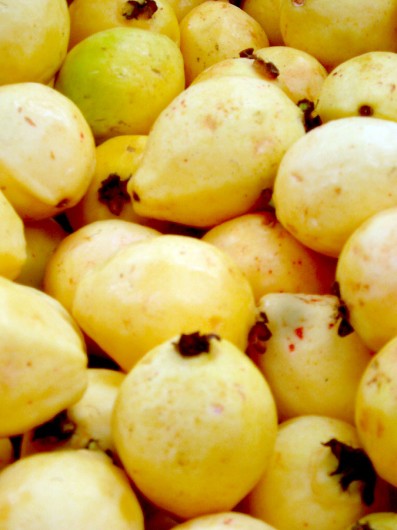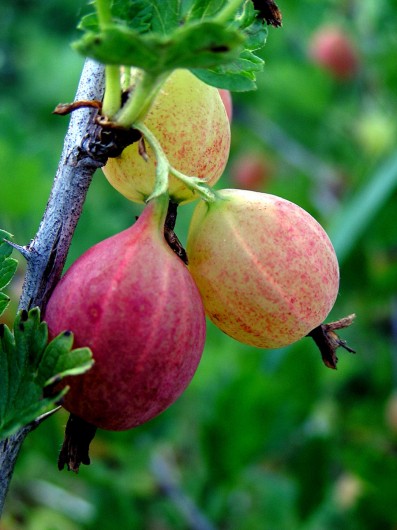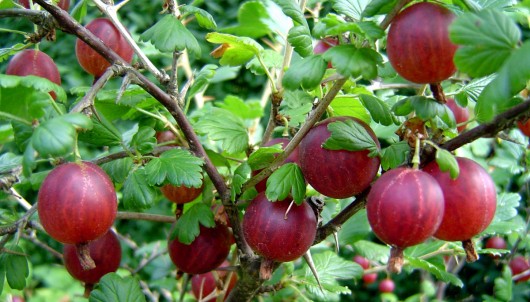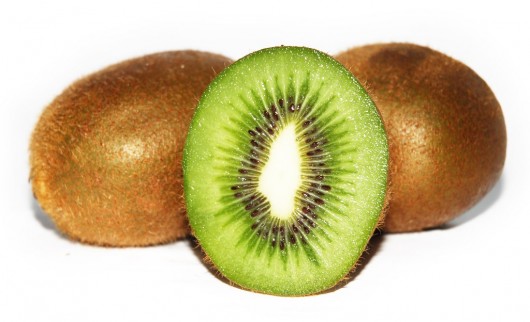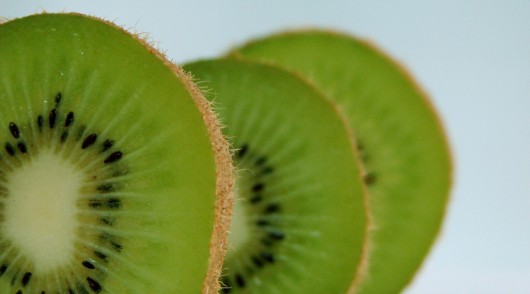What Are Antioxidants?
Most people have heard of antioxidants and their relationship to free radicals but what exactly is it all about? Where do antioxidants come from? How do they benefit us? And can there be such a thing as too many antioxidants?
What are antioxidants?
An antioxidant, as its name implies, is a molecule that counteracts the process of oxidation in animal tissue. Antioxidants can either be nutrients such as vitamins and minerals, or enzymes, proteins occurring naturally in the body to aid with chemical processes.
How are they formed?
Some antioxidants occur naturally within the body, whilst others need to be ingested. Those that occur naturally include lipoic acid, and CoQ10. However, levels of these declines as we age, so supplements are often needed.
The most common antioxidants are Vitamins A, C and E. As our bodies cannot manufacture these vitamins themselves, they have to be acquired through diet and/or supplements.
How and why do they affect our bodies?
Our bodies are remarkable in that millions of processes are occurring at any one time. In order for these processes to happen, the body needs oxygen as a power source. Unfortunately, these processes cause a powerful and destructive side effect in the form of oxidants, which are better known as free radicals. Antioxidants protect cells from the damaging effects of free radicals.
Free radicals are highly unstable molecules that are formed as a by-product of our body’s natural metabolism. They are also a result of environmental factors such as sun exposure, smoking, pollution, and radiation. The same process of oxidation that causes rust, breaking down and weakening metal, occurs in our bodies, producing free radicals.
How do antioxidants fight free radicals?
Free radicals are thought to be the cause of degradation within our bodies, leading to premature ageing, heart disease, and cancer. Because free radicals are so unstable, they attack molecules in our body, causing a chain reaction which makes that molecule become a free radical also, leading to the eventual death of a cell.
Antioxidants work by attaching themselves to free radicals without becoming a free radical themselves, and so breaking the chain reaction. Antioxidants instead neutralize the free radical by either donating or receiving an electron. Once complete, the process stop cellular damage before it starts.
However, as soon as an antioxidant neutralizes a free radical, it becomes inactive itself. Because of this, it’s important to maintain a good supply of antioxidants.
Different antioxidants
There are several types of antioxidants, all of which hold a unique function:
• Vitamin A and beta-carotene – these water soluble vitamins are thought to be the best neutralizer of an uncharged form of oxygen that is very toxic to cells.
• Vitamin C is another water soluble vitamin that works alongside vitamin E to hunt and neutralize free radicals within the more watery environments in the body, and especially within cells themselves.
• Vitamin E – unlike vitamins A and C, vitamin E is fat soluble, which means it can only dissolve in fat. Because of this, Vitamin E protects cell membranes from damage by free radicals. It is also of particular benefit to cholesterol levels by protecting oxidation from occurring within LDLs, or ‘bad’ cholesterol.
• Selenium, manganese and zinc. These minerals are trace elements our bodies need to survive, and are our primary line of defense when it comes to destroying free radicals.
• CoEnzyme Q10, uric acid, and phytochemicals. These are extra nutrients that have antioxidant properties, protecting the body from free radicals.
So what are the most common sources of antioxidants?
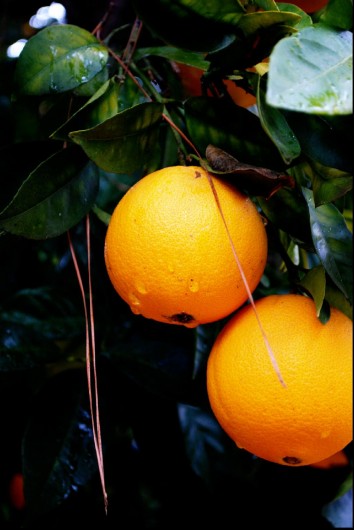 Antioxidants are found in abundance in fruit and vegetables, as well as grains and beans. Fruit and vegetables in particular, are so recognized in the fight against free radicals, that health and food departments globally now recommend that people eat five portions of fruit and vegetables everyday as part of the fight against cancer.
Antioxidants are found in abundance in fruit and vegetables, as well as grains and beans. Fruit and vegetables in particular, are so recognized in the fight against free radicals, that health and food departments globally now recommend that people eat five portions of fruit and vegetables everyday as part of the fight against cancer.
As mentioned before, our bodies cannot manufacture most forms of antioxidants, and even those we can make ourselves are reduced as we age. Therefore, it’s important to know how to increase our intake of these compounds and thus reduce the risk of free radical damage as much as possible.
• Vitamin A is found in carrots, sweet potatoes, yams, kale, peaches and apricots.
• Vitamin C is particularly abundant in citrus fruits including oranges, lemons, lime and grapefruit. It is also found in high quantities in green leafy vegetables.
• Vitamin E can be found mostly in whole grain, nuts and seeds.
• Selenium is found in large quantities in fish, grains, eggs and red meat.
• Phytochemicals are found in purple grapes and red wine, and are also in large amounts in tea.
Is it possible to have too many antioxidants?
As with most things, it is possible to have too much antioxidants – too much of a good thing. Studies have shown that problems can arise if one nutrient is excessively high, for example, excess levels of beta-carotene can turn the skin orange.
